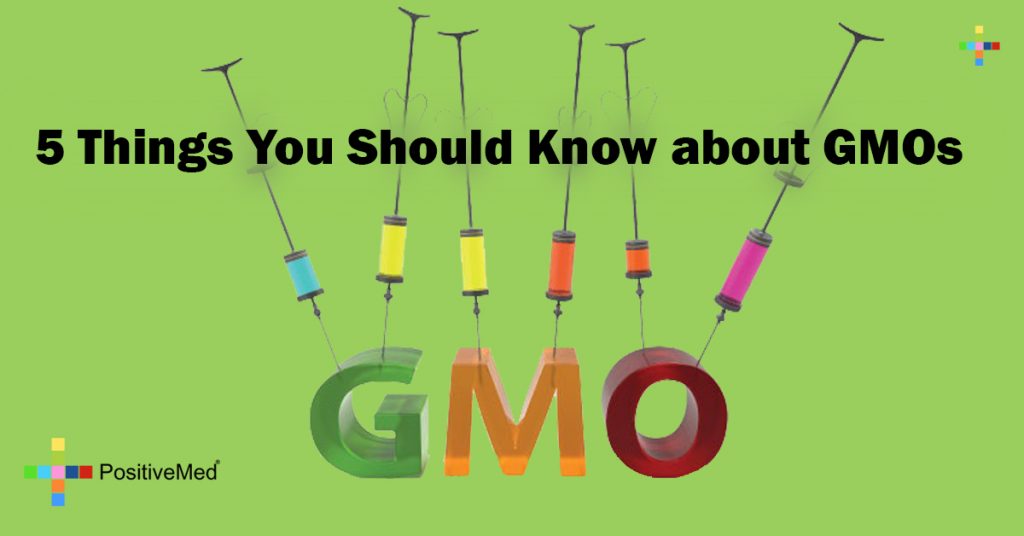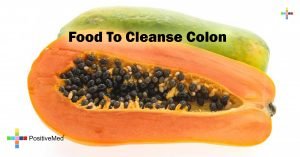
Genetically modified organisms (GMOs) are created when the DNA of an organism is inserted into another in a non-natural way.
As a result of this, chemical companies have quietly overtaken our food system, flooding it with unlabeled (and have paid a lot to ensure this) GMOs ingredients.
1. They are everywhere
Almost all of the corn, soy, cotton, canola, and sugar beets are grown in America are genetically engineered to either produce a pesticide within the plant or survive being drenched in weed-killing chemicals. GMO crops are likely to wind up in almost every processed food, and you probably don’t know, since it’s not labeled.
2. They are keeping secrets
There are many countries that require labeling if a certain product contains GMO ingredients, but not in the USA yet, leaving many consumers in the dark. If they don’t want to say what’s in there, it’s probably not good, at all.
3. GMO’s have never been properly tested for long-term health impacts
The studies used for government approval of GMO crops are conducted by the very same corporations that create the seeds. Some late studies strongly link genetically altered foods with organ damage and food allergies. It is impossible at this point to know if they are safe or not, they have simply not been around long enough for adequate testing.
4. Chemical companies control what’s on your plate
3 massive corporations control 53% of the property seed market, as well as the chemicals used on the seeds.
5. GMO technology can’t outsmart nature
Technology that promised to help farmers is now causing never-before-seen pest problems, and ones that call for even greater chemical use, today there are more than 500 species of bugs resistant to pesticides. Bugs are mutating to survive, so more chemicals are created. A vicious cycle. When pesticides are sprayed on plants, bad bugs die, as well as good bugs that the plant needs to fulfill its cycle.
Buying 100% Organic, Certified Organic, and USDA Organic-labeled products are usually the easiest way to identify and avoid genetically modified ingredients.
The United States and Canadian governments do NOT allow companies to label products “100% / Certified Organic” if they contain genetically modified foods.
To put it in more detail:
100% Organic: Must contain 100 percent organically produced ingredients (excluding water and salt). This is the only label that certifies a completely organic product AND completely GMO-free ingredients.
Certified Organic / USDA Organic: At least 95 percent of content is organic by weight (excluding water and salt). The <5% of the remaining ingredients must consist of substances approved on the USDA’s National List. GMOs are NOT on this list, so USDA Organic products are also usually GMO-free. For verification, consult the following sources:
Buy 100% certified organic food. While guaranteeing your safety from genetically modified foods, this also makes a statement to producers that you don’t support GMOs in our food system. It’s simple supply and demand (or, in this case, demand, and supply). Although it certainly isn’t the only reason to buy organic foods, it’s a great reason to start.





